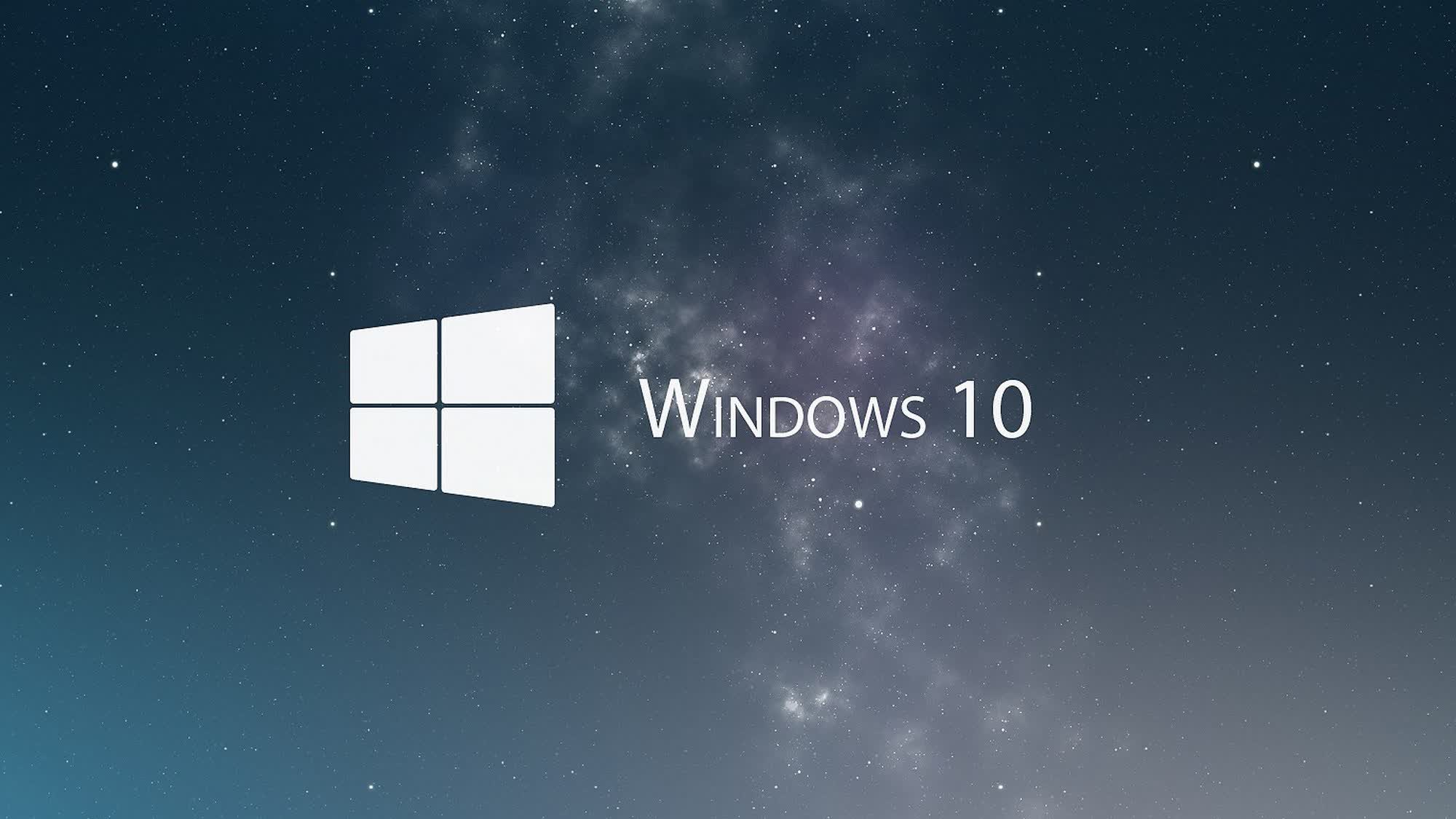In context: Windows 10 support will officially end on October 14, 2025, but organizations that want to continue using the OS will have the option of enrolling their PCs into a paid Extended Security Updates (ESU) subscription. Microsoft had announced earlier that it would offer the ESU program for at least three more years after the official end-of-support, and the company has now revealed how much the paid subscription will cost.
In an official blog post, Microsoft announced that organizations will have three options to extend update support for Windows 10: the traditional 5-by-5 activation, Windows 365 subscription-based activation, and cloud-based activation. The first option will be available for $61 per device for the first year, $122 in the second year and $244 in the third. Note that the price will double every subsequent year, meaning it will quickly get inordinately expensive to continue receiving extended security updates.
Windows 10 devices that subscribe to the Windows 365 program to access Windows 11 PCs will automatically receive extended security updates without any additional cost for the first year.
The third and final option will only be available to organizations using a cloud-based update management solution, like Microsoft Intune or Windows Autopatch. Microsoft is offering a 25 percent discount on this license, which will cost $45 per user (up to five devices) for the first year. However, the price will once again double every year, so customers will have to pay $90 for the second year and $180 for the third.

Microsoft also notes that if an organization jumps into the ESU program in the second year, it will still have to pay for the first year, as ESUs are cumulative. The ESU licenses will be available for purchase from October 2024, one year before Windows 10's official end-of-support date. The company did not reveal whether retail customers will also be able to enroll in the Windows 10 ESU program.
Microsoft introduced the paid Extended Security Updates program when Windows 7 was nearing its end of life. The price started at $50 in the first year but doubled to $100 in the second and quadrupled to $200 in the third. Windows 8 and 8.1 were not nearly as popular as Windows 7, so the company never felt the need to offer extended support for them.
